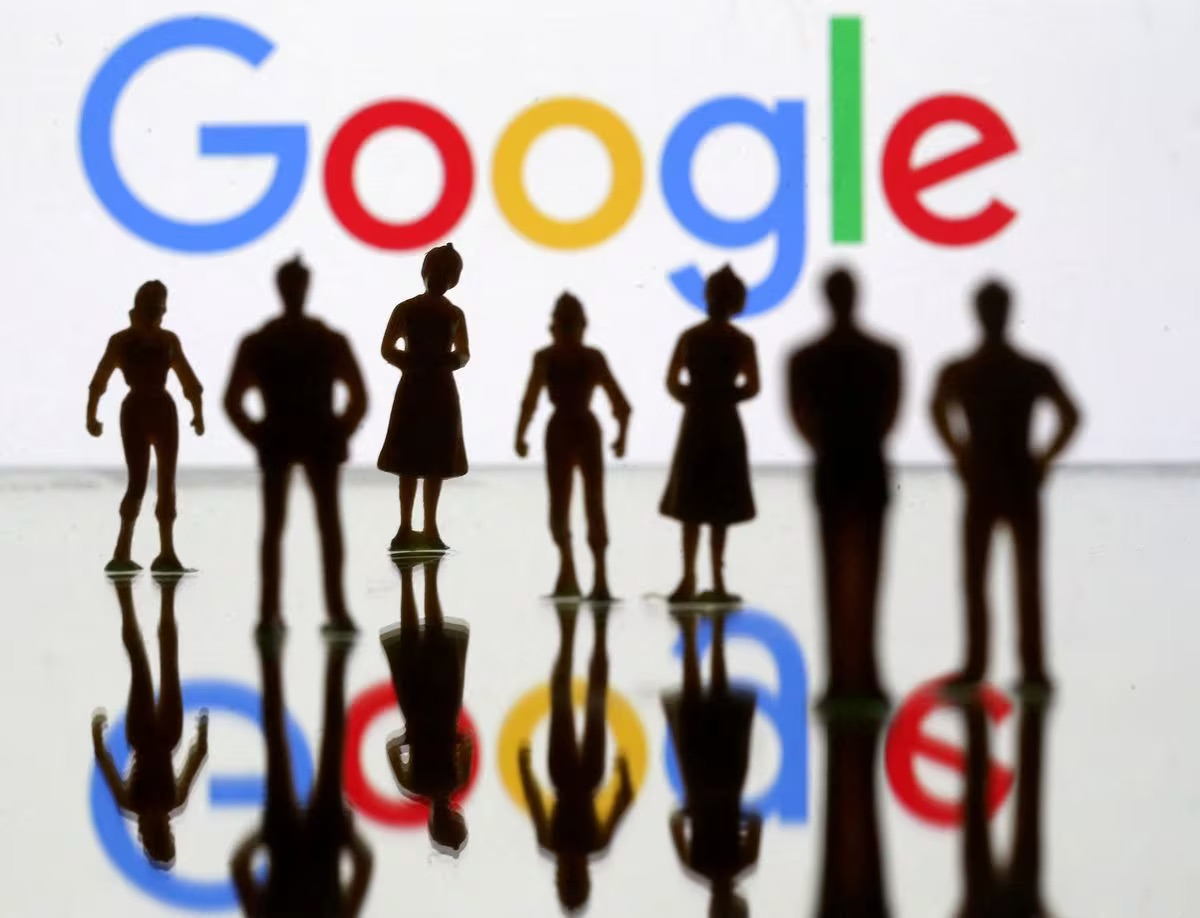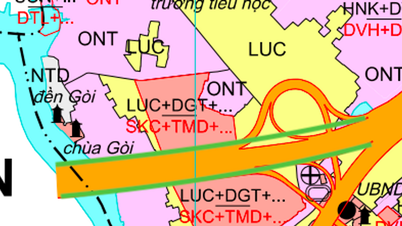In June, EU citizens will elect a new European Parliament to pass policies and laws across the region, and lawmakers are concerned that the spread of misinformation online could influence voters.

Google logo. Photo: REUTERS
Europe's Digital Services Act, which comes into force this week, will require major online platforms and search engines to do more to tackle illegal content and risks to public security.
Starting in March, Google's in-house Jigsaw unit will work to tackle threats to social media by running a series of animated ads on platforms like TikTok and YouTube in five EU countries: Belgium, France, Germany, Italy and Poland.
Building on previous campaigns the company has tested in Germany and central Europe, Jigsaw said the new project is an opportunity to reach citizens in countries with the largest number of voters in the EU.
Viewers of the YouTube ad will be asked to fill out a short multiple-choice questionnaire, designed to assess what they already know about misinformation.
Other measures to control misinformation like fact-checking can contribute to polarization because they are introduced after information has already spread, said Beth Goldberg, head of research at Jigsaw.
Google said Jigsaw's ads will be translated into all 24 official EU languages. Results from the campaign, including survey responses and reach, are expected to be released in the summer of 2024.
Last month, an investigation by the EEAS (European Union External Action Service) found 750 cases of disinformation deliberately spread by foreign actors, including about the conflict between Russia and Ukraine.
Mai Anh (according to Reuters)
Source


![[Photo] The 5th Patriotic Emulation Congress of the Central Inspection Commission](https://vphoto.vietnam.vn/thumb/1200x675/vietnam/resource/IMAGE/2025/10/27/1761566862838_ndo_br_1-1858-jpg.webp)
![[Photo] Party Committees of Central Party agencies summarize the implementation of Resolution No. 18-NQ/TW and the direction of the Party Congress](https://vphoto.vietnam.vn/thumb/1200x675/vietnam/resource/IMAGE/2025/10/27/1761545645968_ndo_br_1-jpg.webp)

![[Photo] National Assembly Chairman Tran Thanh Man receives Chairman of the House of Representatives of Uzbekistan Nuriddin Ismoilov](https://vphoto.vietnam.vn/thumb/1200x675/vietnam/resource/IMAGE/2025/10/27/1761542647910_bnd-2610-jpg.webp)












































































































Comment (0)